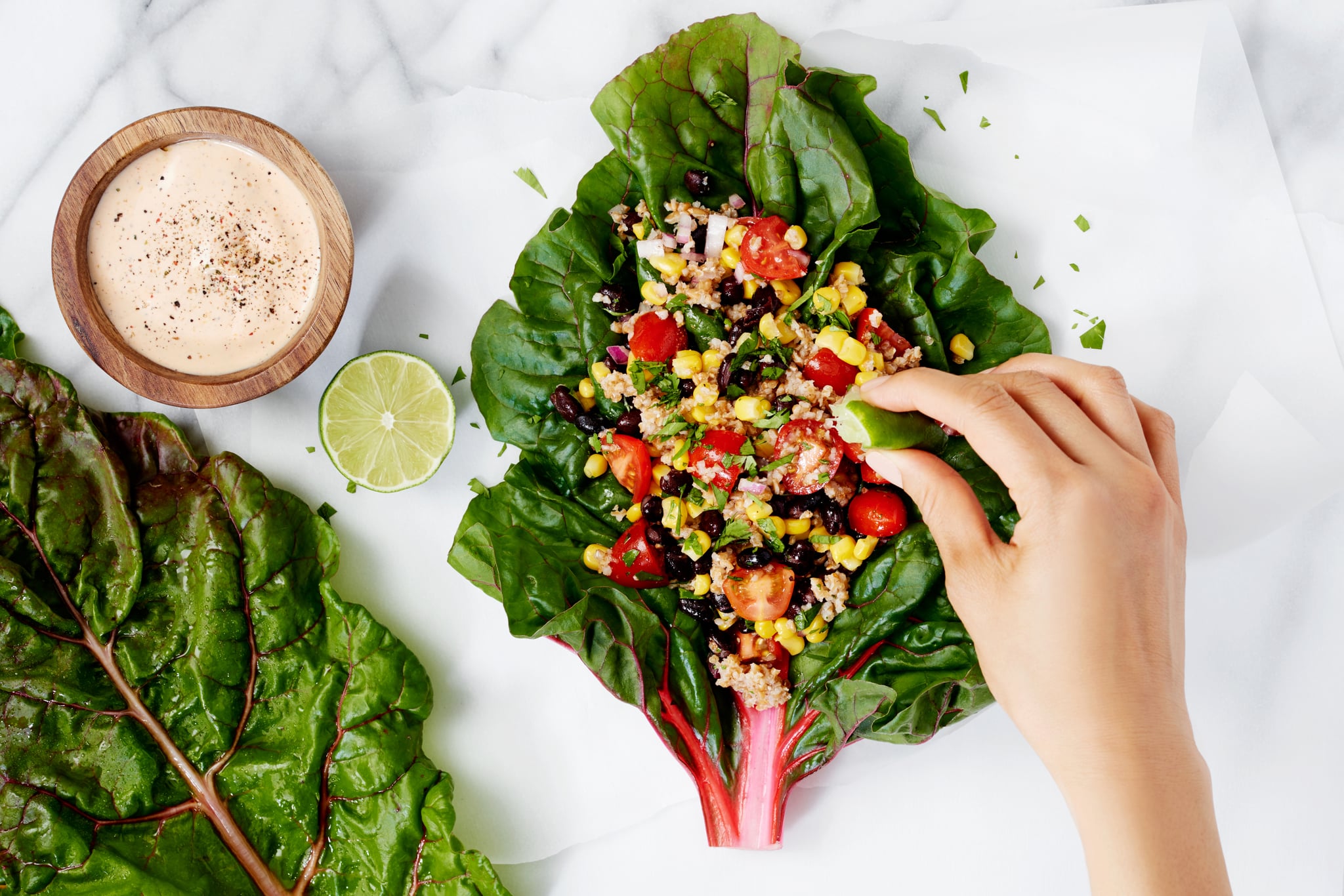The first stage: lasts about 4 weeks and is the most radical. The daily calorie content has been reduced to less than 900 kcal. Carbohydrates are the most limited at 2025g of carbs per day. If you are not physically demanding, the typical daily recommended amount is 135 grams. For reference, an apple weighs about 17 grams and a plate of pasta weighs 7080 grams. Protein is also limited to 1.62.1 grams per kilogram of body weight. During this stage, the body enters ketosis, the stored fat begins to burn, ketones are formed, and symptoms known as ketogenic flu can occur, such as malaise, dizziness, and lack of concentration.
Step 2: Protein and carbs come back, but still low in calories. This is a transitional phase between the "hard" phase and the maintenance phase. The duration varies from person to person.
Phase 3: We are entering the consolidation phase. The diet can be increased to 1500 kcal per day, but carbohydrates should not exceed 50 g per day and protein should not exceed 20% of the total amount. To get an idea, look at this chart to see how easy it is to cut down on carbs.
KETOGENIC DIET FOODS: CARBOHYDRATES
1 ounce of chocolate 3.5 g
1 medium carrot 5 g
1 tbsp. for dessert heaped with white sugar 8 g
1 orange 10 g
1 glass of beer 13 g
1 coffee with milk 18 g
1 medium banana 20 g
1 glass of orange juice 26 g
2 slices (60 g) rye bread 27 g
1 patata mediana 27.5 g
Copos de avena (50 g) 28 g
1 white bread roll (80 g) 46 g
Pasta (75 g en crudo) 57 g
Rice (75 g raw) 65 g
PROS AND CONS OF THE KETOGENIC DIET
Is cutting down on carbs a good idea? Yes, bread, pizza, pasta, rice...not vegetables or fruits. Consuming too many grains can lead to obesity and diabetes, but cutting back drastically isn't a good idea either. In fact, this is reflected in new dietary guidelines, such as Harvard School of Public Health's Healthy Plate.
Protein, excess is harmful. The ketogenic diet itself is not rich in protein. Moderate intake is recommended (15-20% of daily calories), but reducing carbohydrates increases protein intake and risks kidney damage (very common). Focus on high-quality, natural protein sources: fish, lean meat, eggs... If you're looking for a protein diet, there's a menu you can follow and lose weight in two weeks.
Fat is the main nutrient. The ketogenic diet suggests increasing your fat intake to 7075% of your total daily calories. Prioritize healthy fats from natural foods, vegetables and animals, such as olive oil, nuts, seeds, coconut, and fatty fish. May contribute to cardiovascular disease.
Fiber, fruits and vegetables are reduced. A ketogenic diet allows only some very low carbohydrate vegetables, such as leafy vegetables (spinach and lettuce). And among the fruits, the most recommended are raspberry and strawberry, citrus or avocado, all low in carbohydrates. This contributes to fiber, vitamin and mineral deficiencies.
Lack of water can cause constipation. Constipation is a common result of the keto diet. This is because a low-carb diet causes dehydration. A lack of water can make the contents of the intestine dry and hard, which can lead to constipation. The problem is exacerbated by significantly limiting the intake of fruits and vegetables (required to achieve a state of ketosis) because there is a risk of reduced fiber intake. For this reason, it is important to always stay hydrated in this diet.



No comments:
Post a Comment